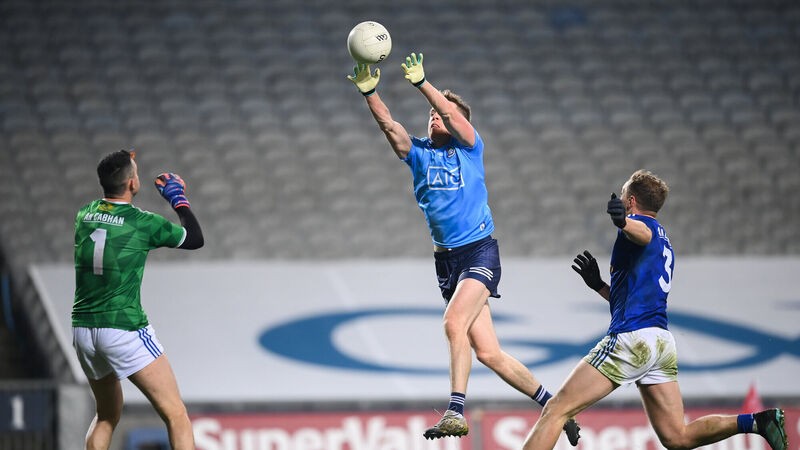Tommy Martin: Will pundits' draft of history leave Dublin's talent out in the cold?

Robert McDaid of Dublin scores past Raymond Galligan of Cavan during the semi-final win last Saturday. Picture: Stephen McCarthy/Sportsfile
If journalism is the first draft of history, then TV pundits sketch the early impression of how a sporting team is viewed by posterity.
The initial reaction to triumph or defeat comes in the heightened moments after the deed has been done, when eyes and ears are attuned for praise or damnation.








